Dimensions: c. 121 x 87 cm with the frame.
Yggdrasil is the World Tree in Norse mythology. On him rest the nine kingdoms including Asgard, kingdom of the Ases, the group of main gods associated or related to Odin.
Yggdrasil is represented as a huge ash tree with three roots connecting three of these different worlds (Ásgard, Midgard, and Niflheim).
The first root comes from the source of Hvergelmir, located in Niflheim. A dragon, Nídhögg, guards this source and gnaws at the root.
The second is born in the fountain of Mímir, located in Jötunheim. This fountain is believed to contain the source of all wisdom. It is guarded by a giant and houses the head of the god Mímir who holds the secrets of the universe.
Finally, the third root comes from the well of Urd, in Asgard, which well is guarded by three Norns, old and wise witches feared by the gods for weaving destiny, to which even the gods are subject.
Yggdrasil is also the host of other characters: an eagle, Vidofnir, perches in its branches and a falcon, Vedrfölnir, perches between its eyes. The goat, Heidrun, lives near the top of the Tree, and feeds on its leaves. A group of deer runs through its branches and also feeds on its foliage.
The Ragnarök designates the set of apocalyptic representations which corresponded, for the ancient Germano-Nordics, to the end of the world.
The fateful roosters inaugurate with their song a whole series of cataclysms that opens the fimbulvetr, a formidable winter which lasts three years. Then it is the titanic surge: the Sun and the Moon are swallowed up by monstrous wolves; Yggdrasill is shaken to its foundations; the earth opens; the monsters break free.
The great serpent of Midgardr in particular is unraveling and causing a general flood; Naglfar, the ship made with the fingernails of the dead, breaks its moorings and brings an army of giants, while the cohort of fire spirits, led by Surtr, tramples for the last time on Bifröst, the rainbow.
Then, it is the final battle: the innumerable doors of Valhalla open to give passage to the immense crowd of warriors-elect, or einherjar, who leave to assist the gods in their vain fight against the powers of evil and disorder.
Ossian Elgström, born November 19, 1883 in Strövelstorp and died May 20, 1950 in Båstad, is a Swedish painter, illustrator, writer and collector.
Brother of Anna Lenah Elgström, student at the Stockholm School of Fine Arts (1906-1907) then of Kristian Zahrtmann in Copenhagen (1907) and of Christian Krohg in Paris (1908), he took part in April-May 1929 in the Swedish Art Exhibition organized in Paris at the Jeu-de-Paume Museum where he presents the paintings Vikings Expeditions, The Deluge and the Laponian Legend.
He became known as an illustrator for various magazines including Strix, Söndags-Nisse and Puck. Collector of folklore objects from Siberia, Greenland and Lapland, we owe him the novels Lapska myther (1914), Lappalaiset (1919) and Karesuandolapparna (1922).
In 1936, he participated in the artistic competition of the Olympic Games.






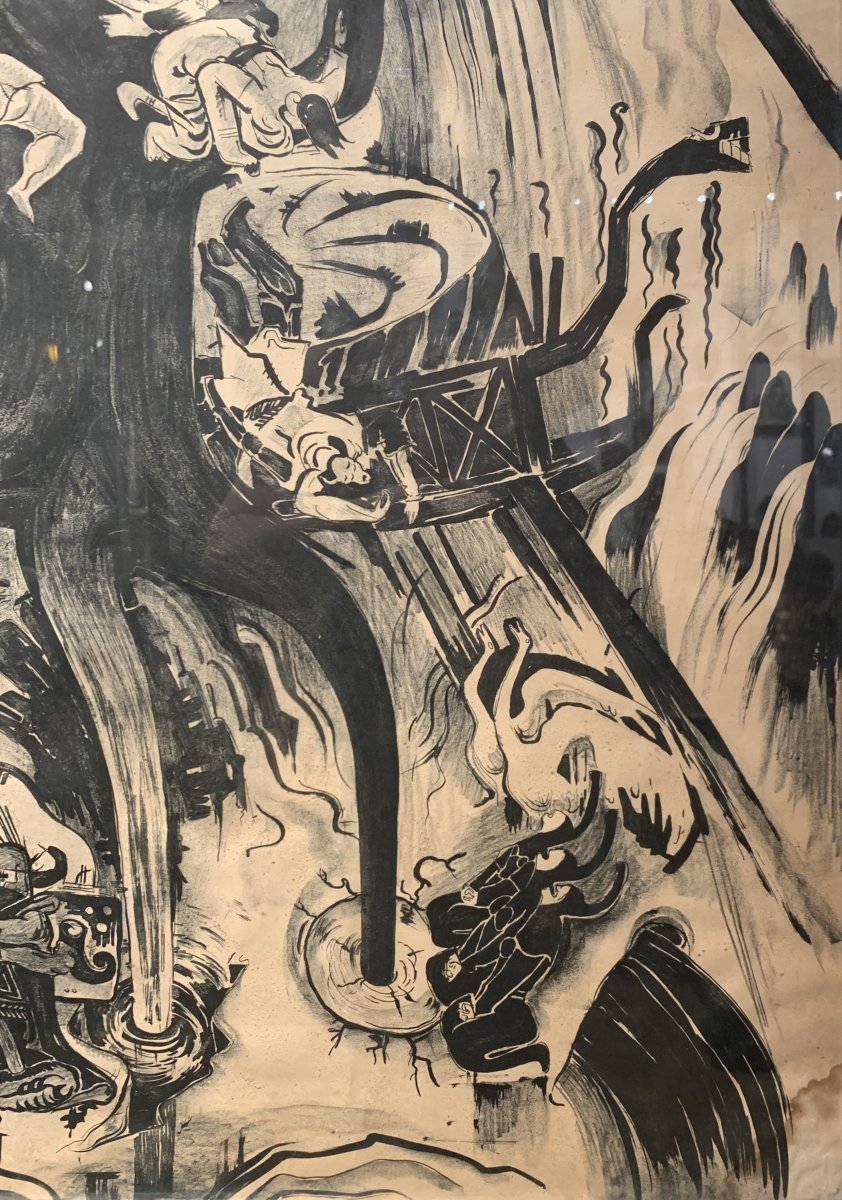
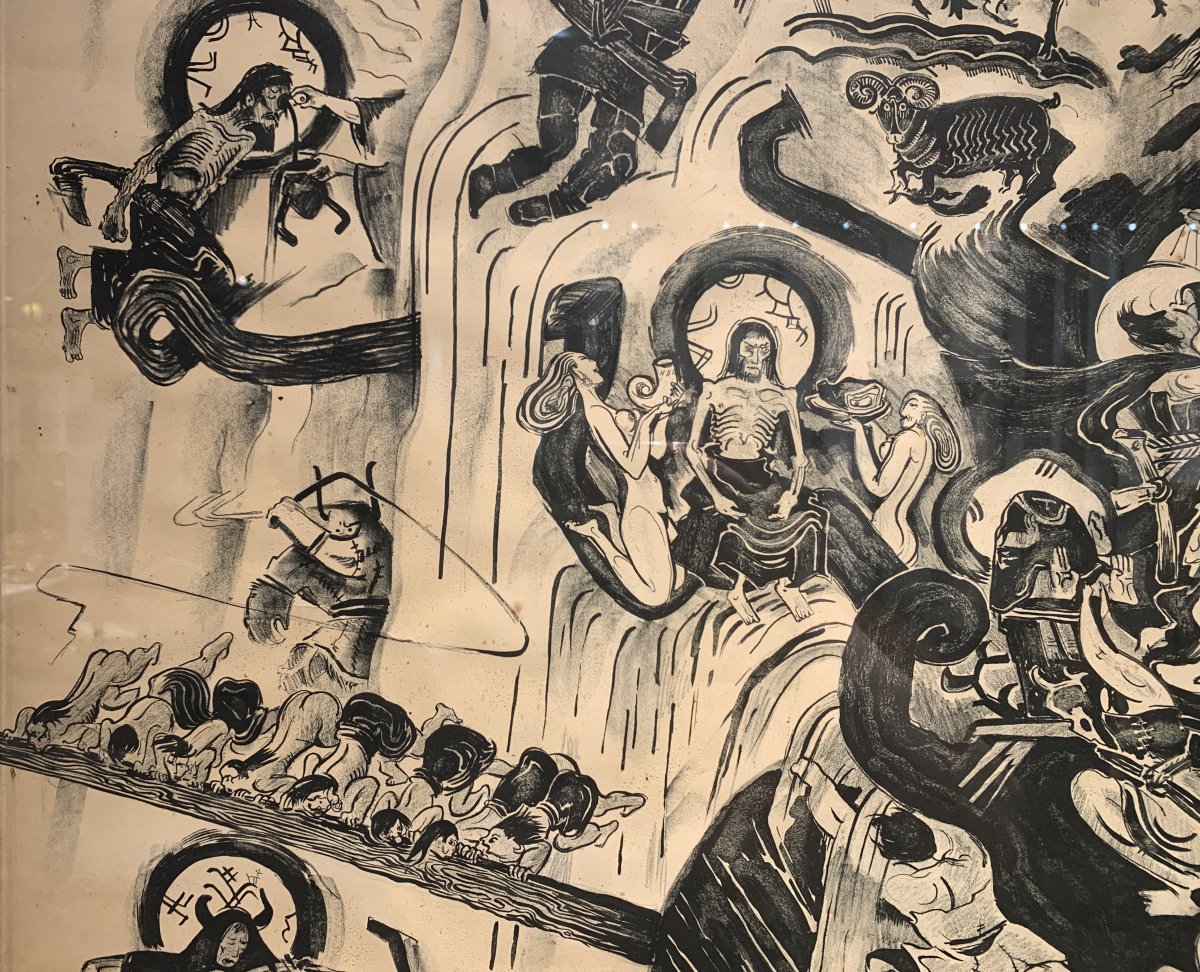
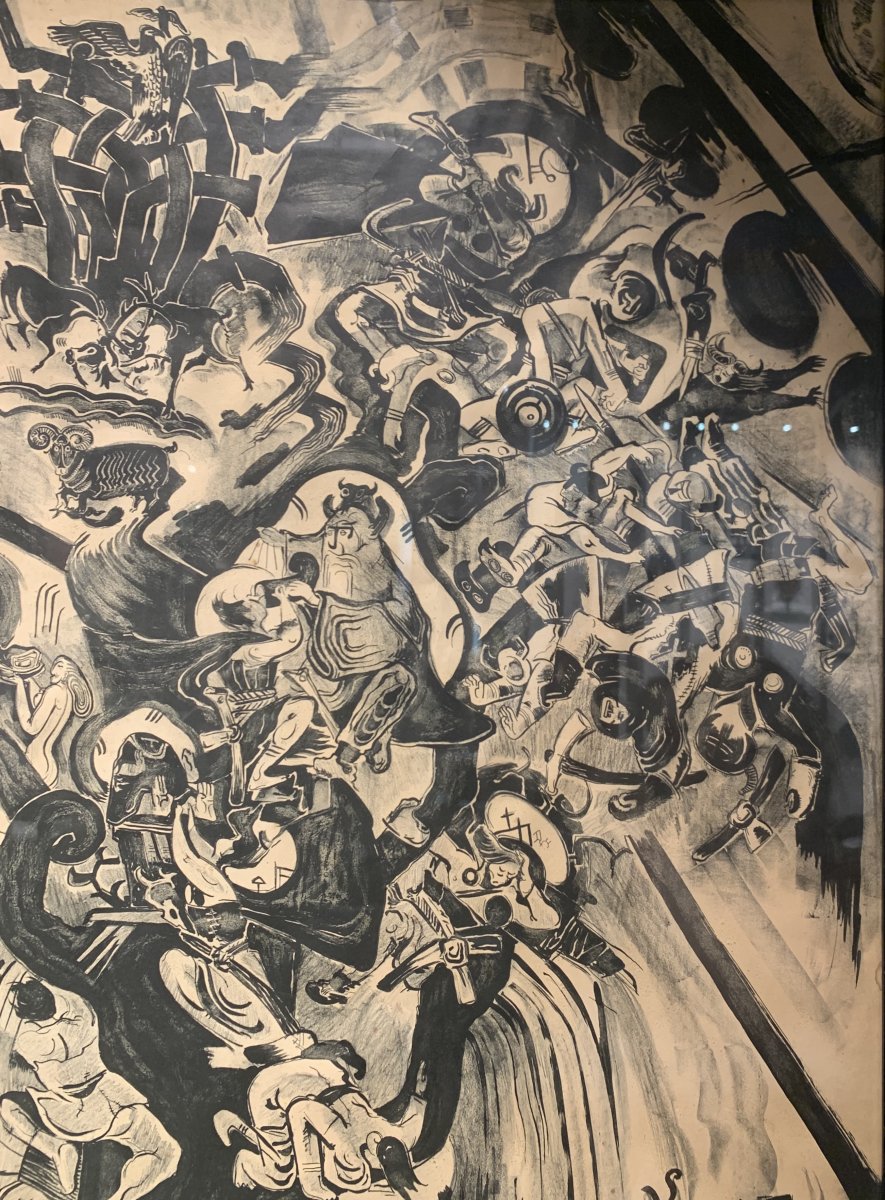
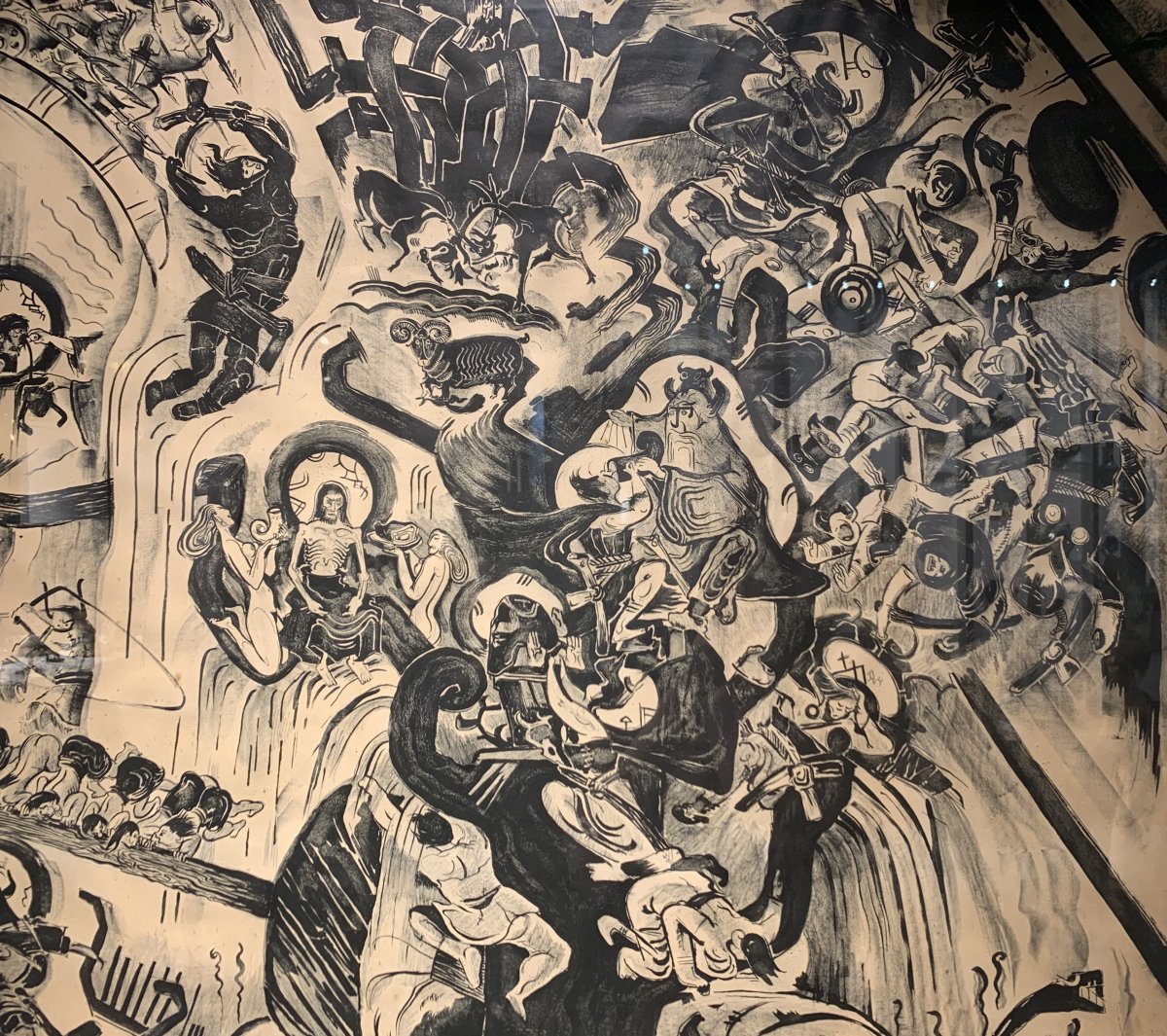
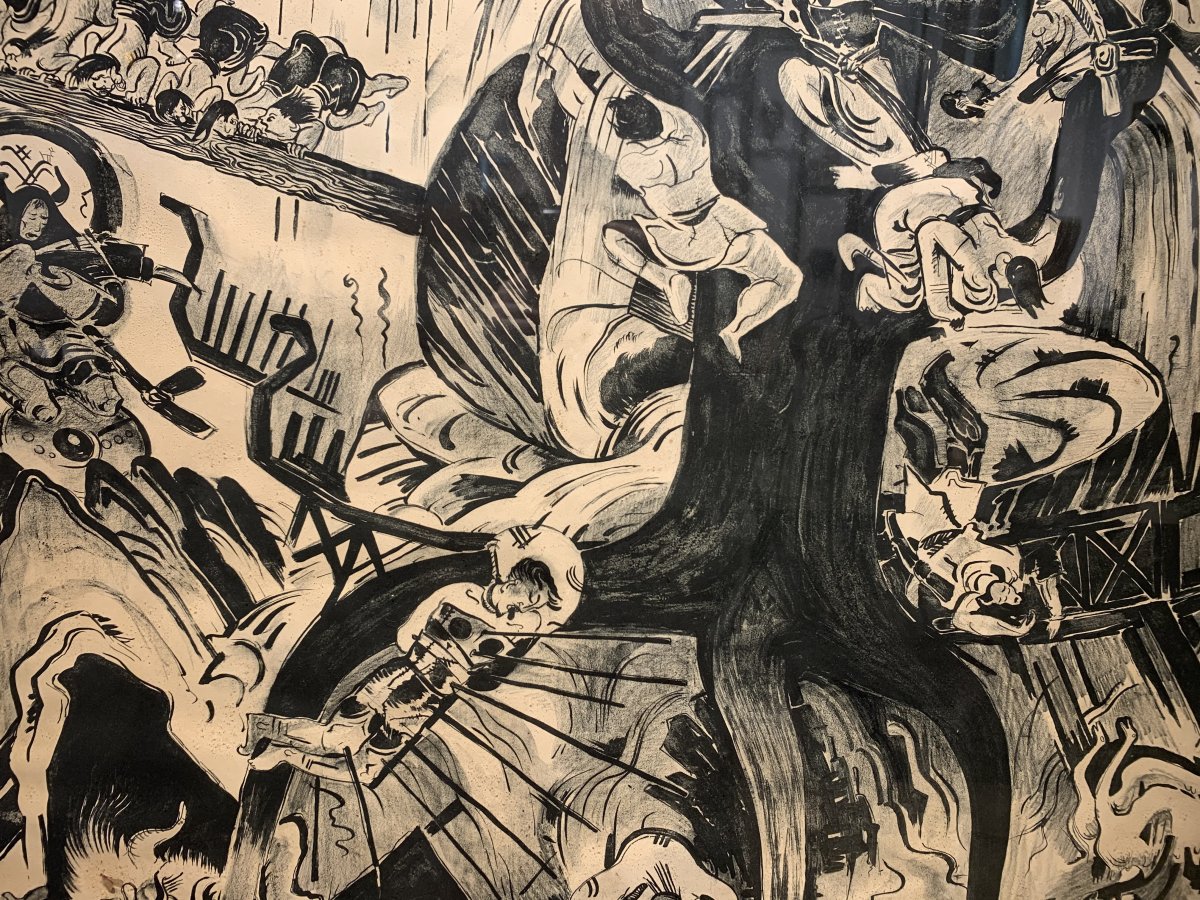
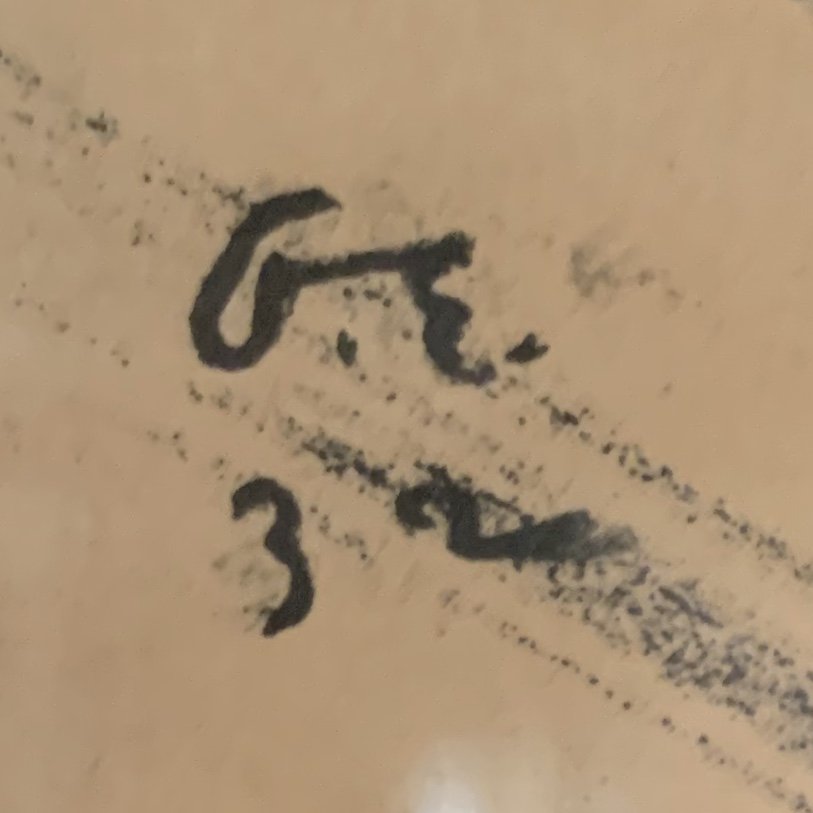

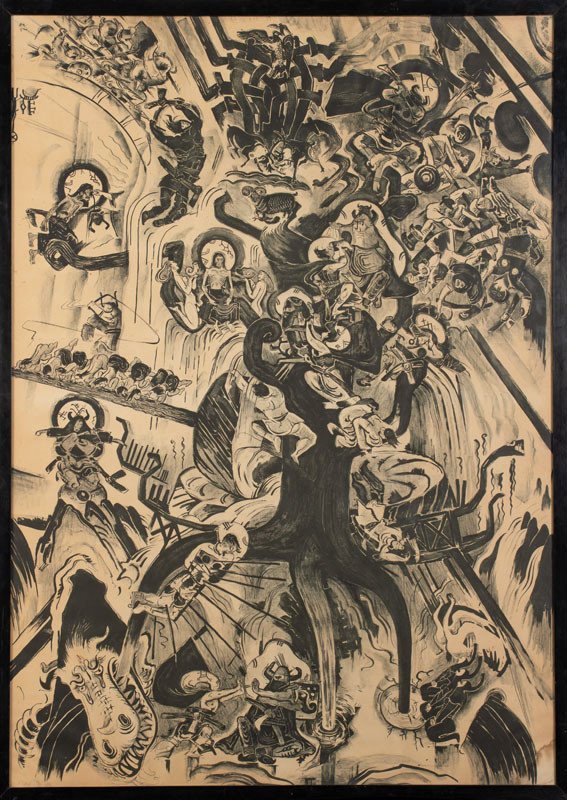

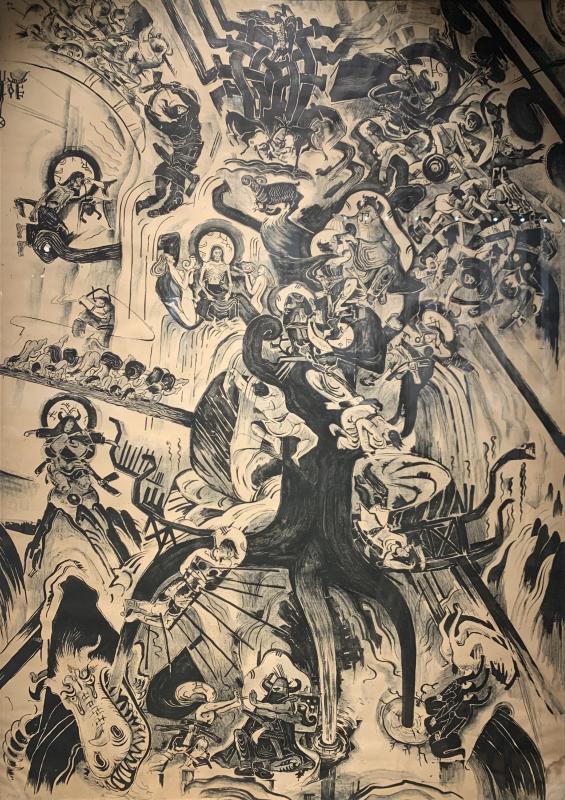








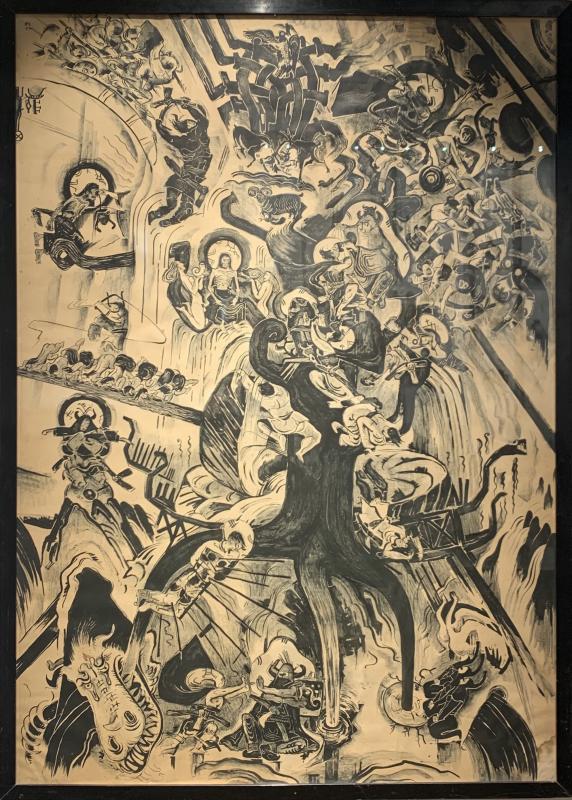



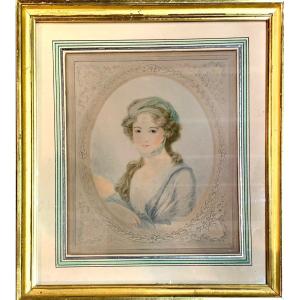

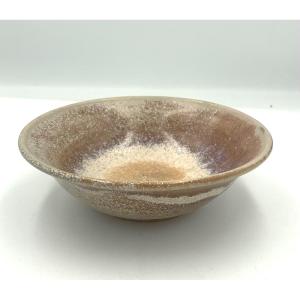

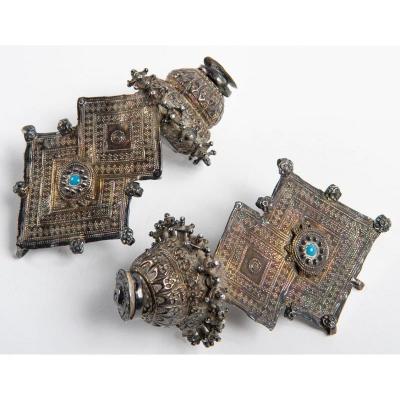

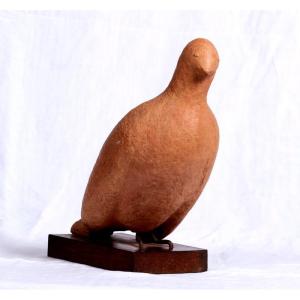
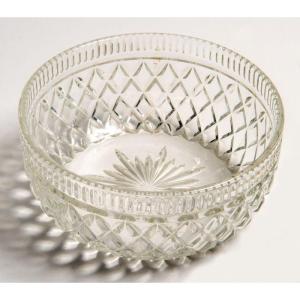

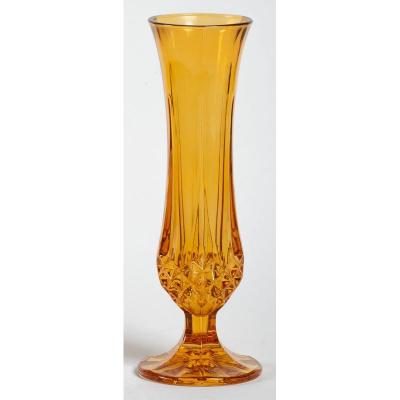
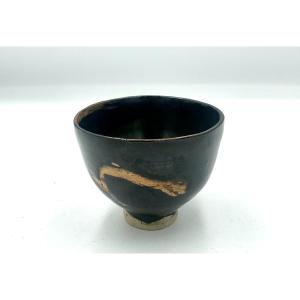


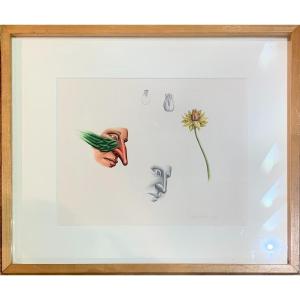


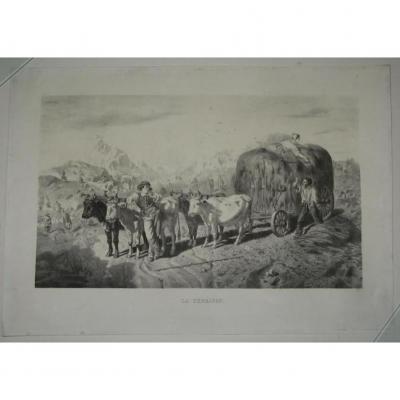





 Le Magazine de PROANTIC
Le Magazine de PROANTIC TRÉSORS Magazine
TRÉSORS Magazine Rivista Artiquariato
Rivista Artiquariato